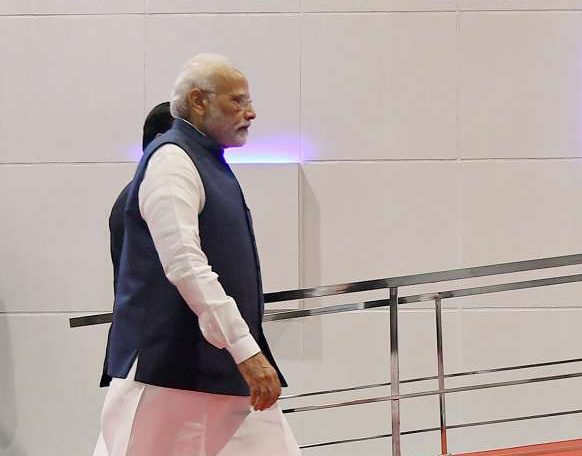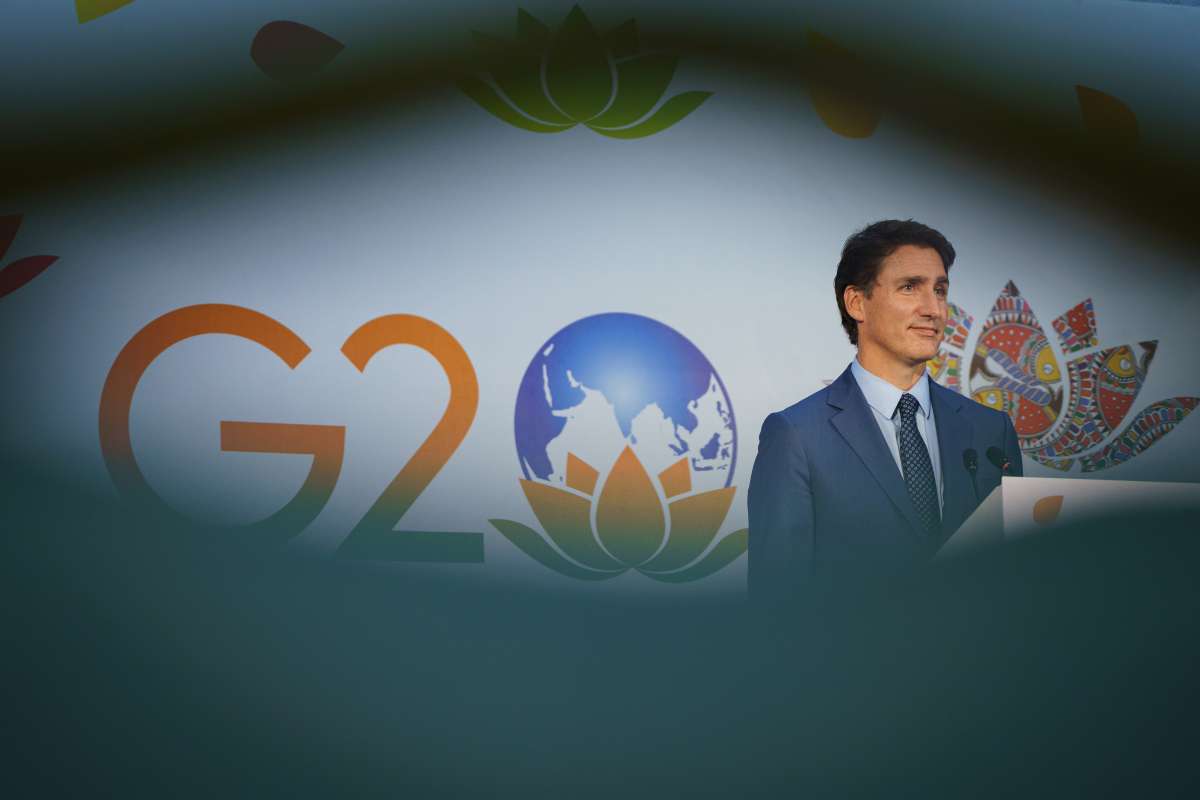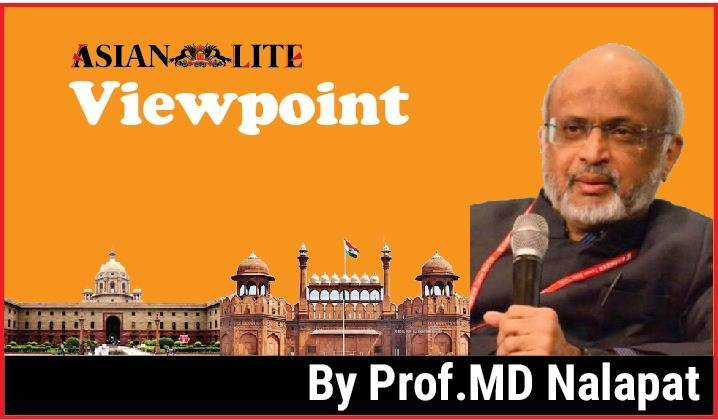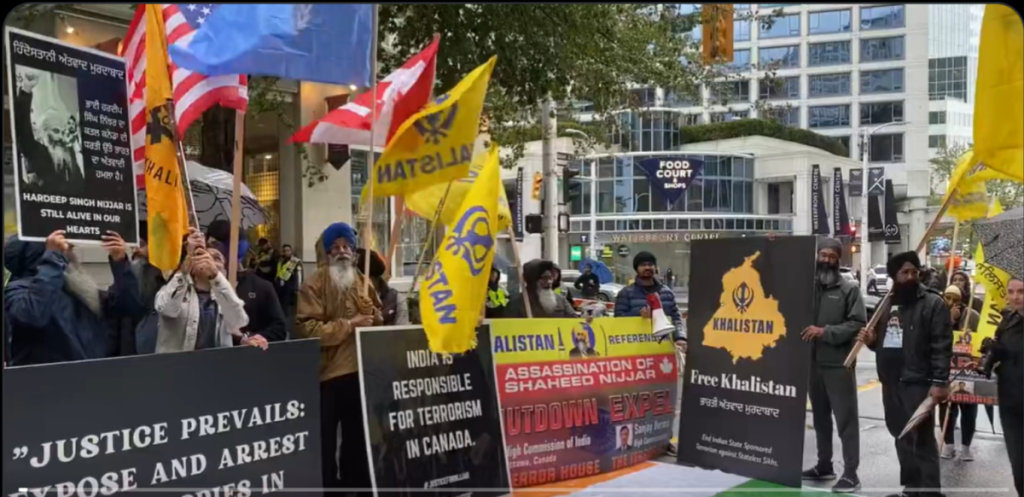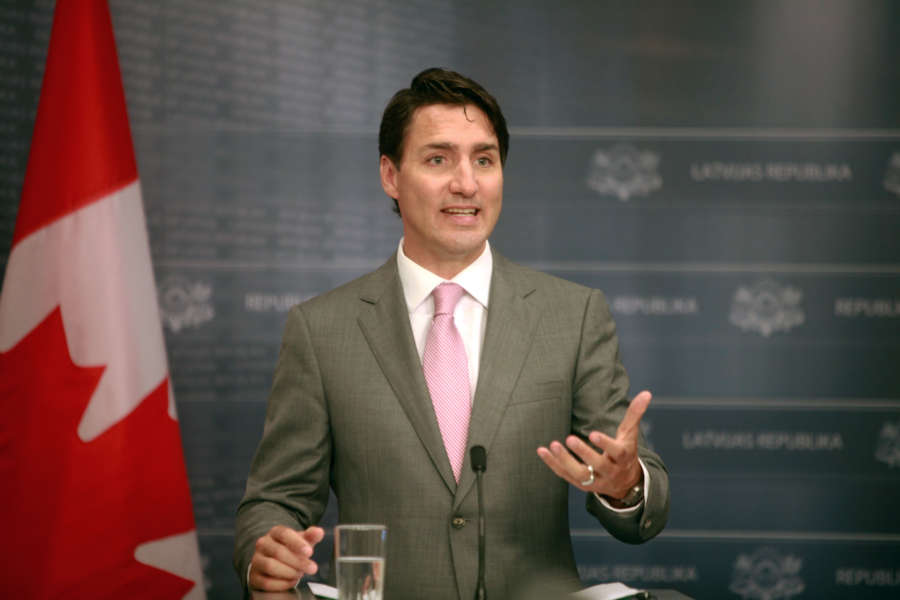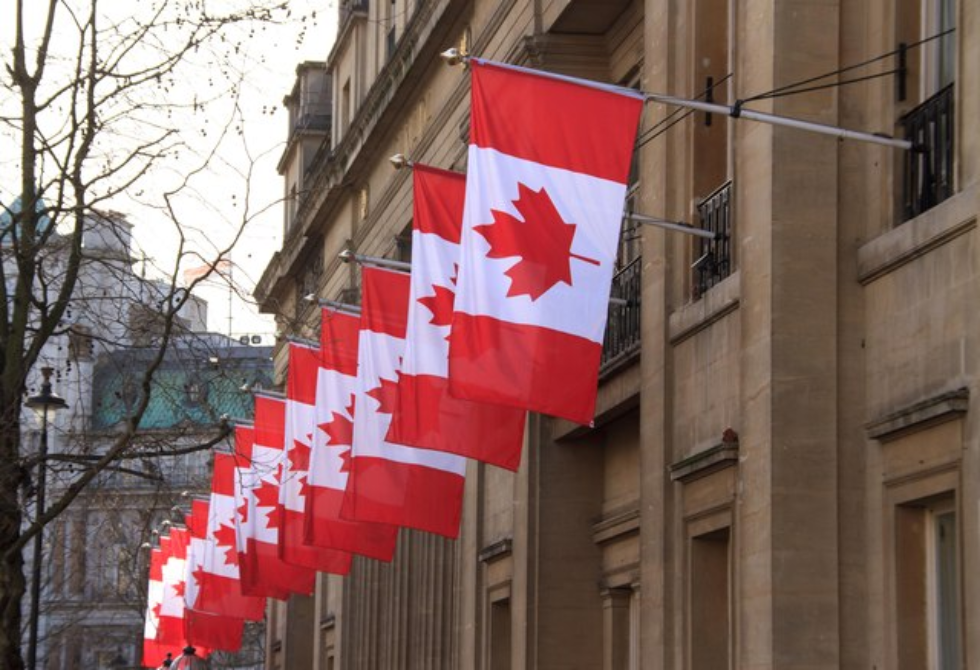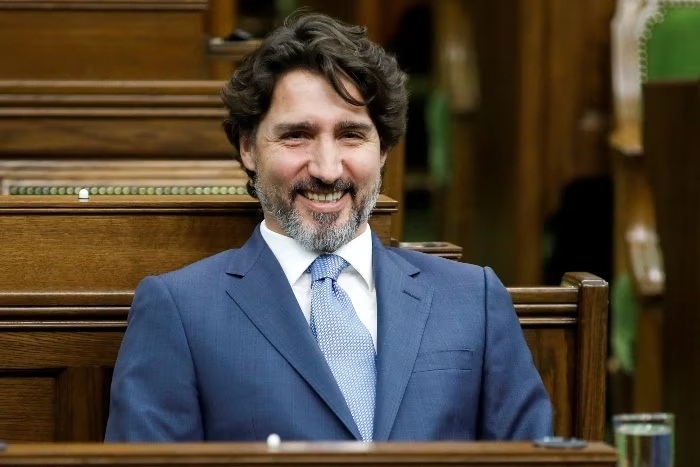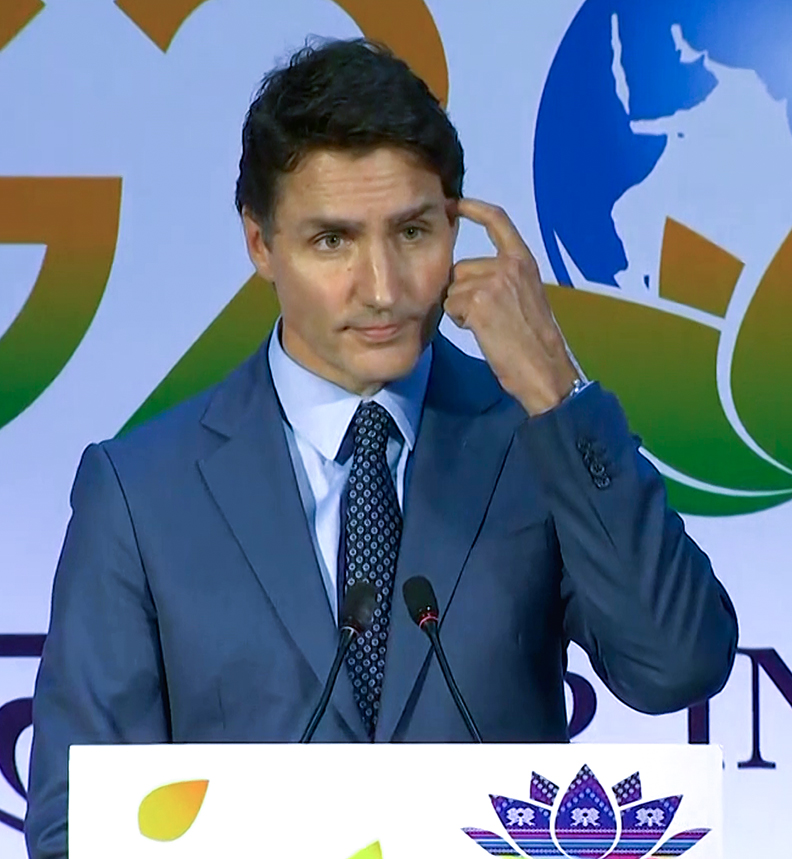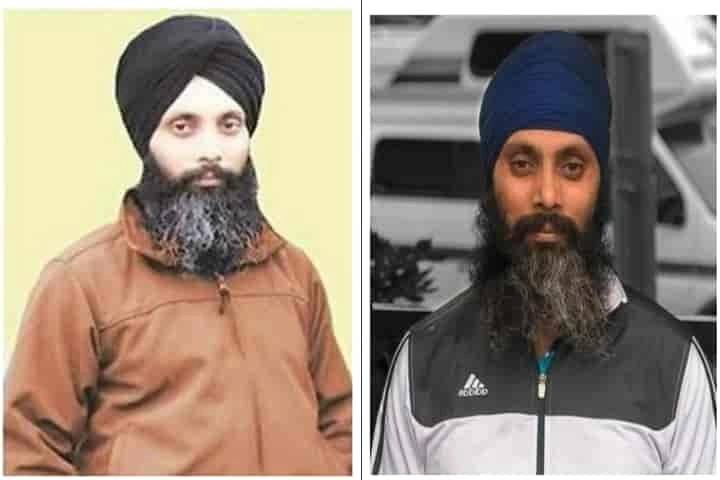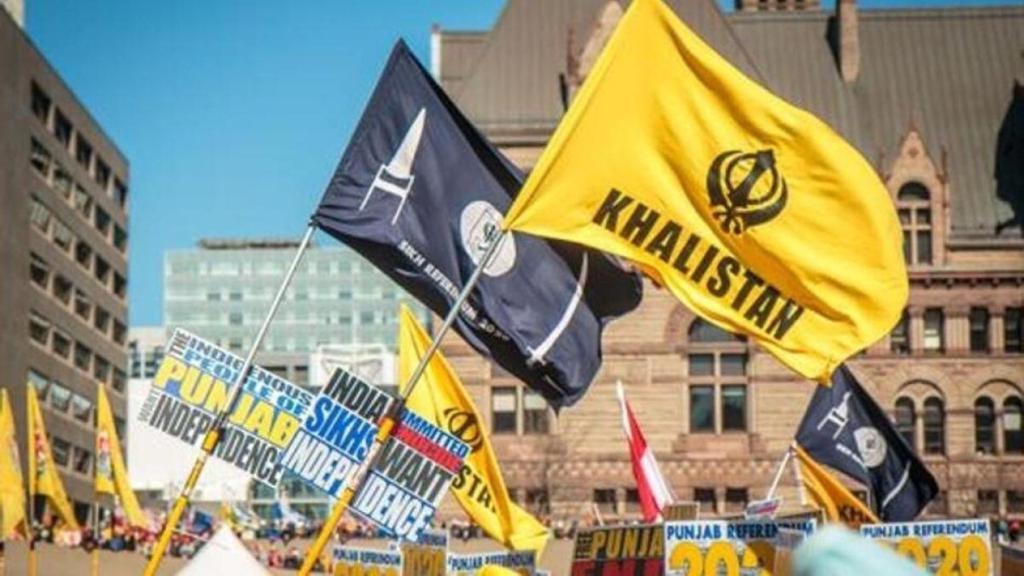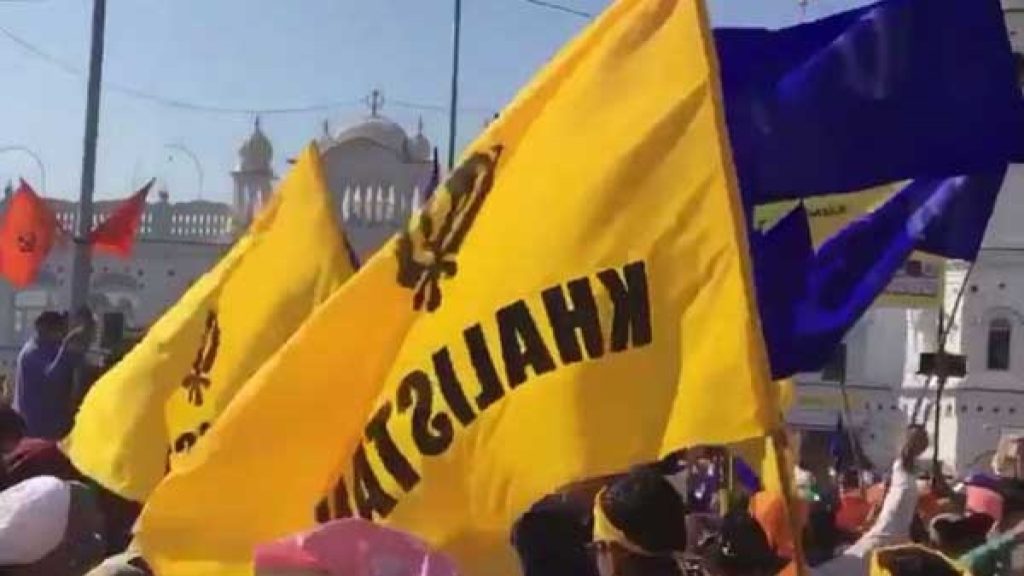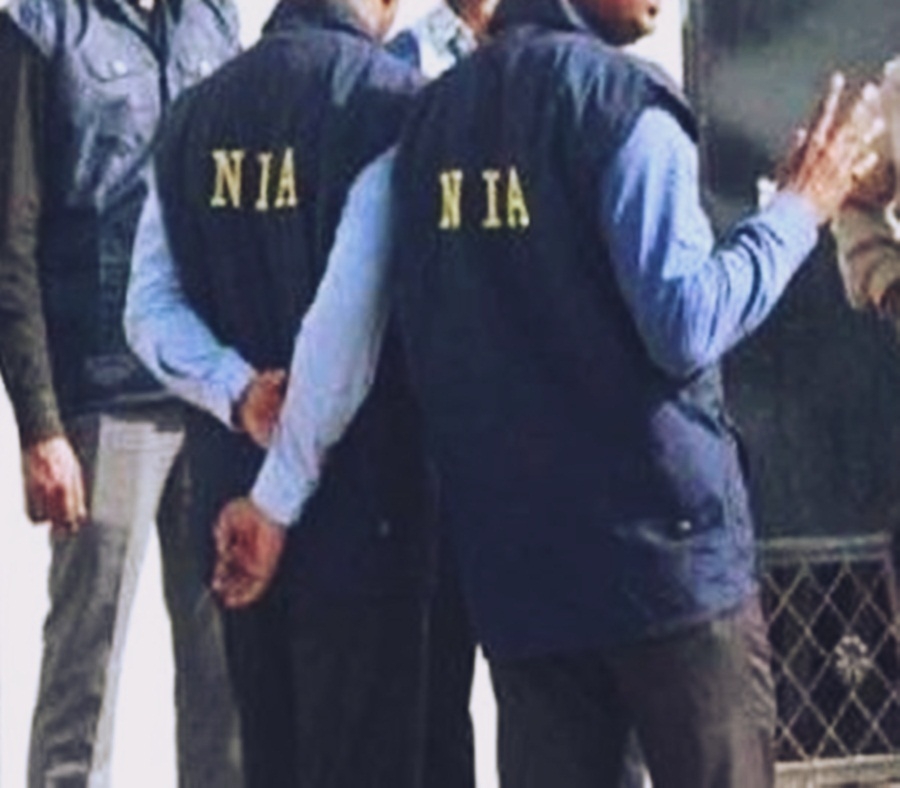Interpol issues Red Corner Notice against Karanvir Singh, a member of the banned terrorist group Babbar Khalsa International believed to be hiding in Pakistan…reports Asian Lite News
The International Criminal Police Organization, commonly known as Interpol, on Monday issued a Red Corner Notice against Karanvir Singh, a member of the banned terrorist group Babbar Khalsa International.
Interpol updated its website by putting out a Red Corner Notice for the Khalistani leader.
According to intelligence sources, Singh is believed to be hiding in Pakistan and was a member of the pro-Khalistan terrorist group Babbar Khalsa International.
As per the Interpol portal, 38-year-old Karanvir Singh has roots in Punjab’s Kapurthala district.
Further, according to Interpol, Singh is wanted by India for criminal conspiracy, murder, offences related to the Arms Act, and Explosive Substances Act, raising funds for terrorist acts, conspiracy, and being a member of a terrorist gang or organisation.
A Red Corner Notice is a request to the law enforcement authorities of Interpol’s member countries to find and temporarily detain a person until extradition, surrender, or a similar legal process can take place.
Earlier, Interpol issued a Red Notice to all member countries against gangster Himanshu alias Bhau, who is believed to be living abroad.
Giving details, a spokesman of Haryana Police said Rohtak Police succeeded in getting a Red Corner Notice issued against a most wanted accused, who is believed to have fled abroad.
The Red Corner Notice against the wanted pro-Khalistani leader comes amid a diplomatic spat between New Delhi and Ottawa in the wake of Canadian Prime Minister Justin Trudeau’s claim of an India hand in the killing of Sikh separatist leader Hardeep Singh Nijjar.
New Delhi dismissed the allegations, calling them ‘absurd’ and ‘motivated’.
At a news conference in New York, the Canadian PM, however, failed to present any evidence to back his claim of Indian involvement in Nijjar’s killing. Trudeau was repeatedly quizzed on the nature of the allegations but stuck to reiterating that there were “credible reasons” to believe that India was linked to Nijjar’s death.
“There are credible reasons to believe that agents of the Government of India were involved in the killing of a Canadian on Canadian soil. That is …there is something of utmost foundational importance in a country’s rule of law in a world where international rules-based order matters,” Trudeau said.
“We call upon the Government of India to take seriously this matter and to work with us to shed full transparency and ensure accountability and justice in this matter,” the Canadian PM added.
According to CBC News, the Canadian government invested both human and signal intelligence in a months-long investigation into Nijjar’s death. That intelligence includes communications involving Indian diplomats present in Canada.
The Ministry of External Affairs on Thursday, however, said no information has been shared by Canada with regard to the killing of Nijjar.
“We are willing to look at any specific information that is provided to us, but so far we have received no specific information from Canada,” Arindam Bagchi, the spokesperson for the Ministry of External Affairs (MEA), said during a briefing.
A designated terrorist in India, Nijjar was shot dead outside a Sikh temple in Surrey, British Columbia, on June 18.
‘Terrorists have found safe haven in Canada’
Meanwhile, reacting to the India-Canada diplomatic row, Sri Lankan Foreign Minister Ali Sabry has said that terrorists have found safe haven in the North American country and Prime Minister Justin Trudeau has this way of coming out with outrageous allegations.
The Sri Lankan Foreign Minister further added that he is “not surprised” by his comments as Trudeau comes out with “outrageous and substantiated allegations.”
“Some of the terrorists have found safe haven in Canada. The Canadian PM has this way of just coming out with some outrageous allegations without any supporting proof. The same thing they did for Sri Lanka, a terrible, total lie about saying that Sri Lanka had a genocide. Everybody knows there was no genocide in our country”, said Sri Lankan Foreign Minister.
Taking a dig at Trudeau for honouring a former Nazi soldier in Canada’s parliament, he said, “I saw yesterday he had gone and given a rousing welcome to somebody who has associated with the Nazis in the past during the Second World War. So, this is questionable and we have dealt with it in the past. I am not surprised that sometimes PM Trudeau comes out with outrageous and substantiated allegations.”
On September 22, during Ukrainian President Vladimir Zelenskyy’s speech in Canada’s Parliament, 98-year-old Ukrainian Yaroslav Hunka, who served in the first Ukrainian division, also known as the SS division “Galicia” during World War II was honoured by the Speaker of the House of Commons of Canada.

